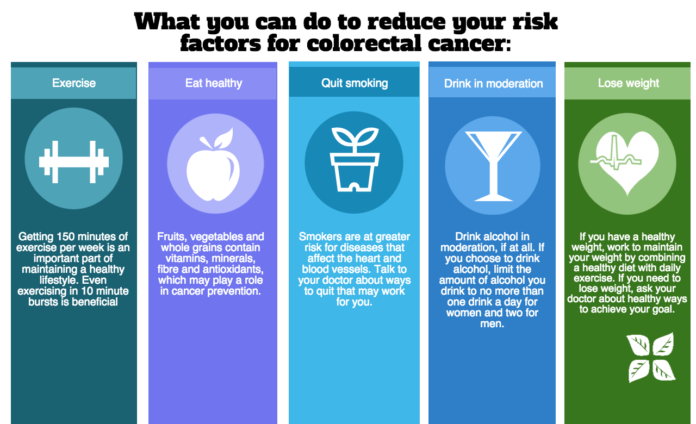
The Power of Prevention: How Your Diet Can Lower Your Risk of Colon Cancer
Colon cancer, also known as colorectal cancer, is one of the most prevalent types of cancer in both men and women worldwide. It is estimated that more than 1.4 million new cases are diagnosed annually, with over 700,000 related deaths. These alarming statistics highlight the need for increased awareness and preventive measures. Fortunately, research has shown that adopting a healthy diet can significantly reduce the risk of developing colon cancer. In this article, we will explore the power of prevention through dietary choices and how it can lower the risk of this deadly disease.
Understanding Colon Cancer:
Colorectal cancer begins in the colon or rectum and occurs when abnormal cells grow uncontrollably, forming tumors. Several factors, including family history, age, and lifestyle choices, contribute to the development of this type of cancer. However, diet plays a crucial role and is known to be directly linked to colon cancer risk. High consumption of red and processed meats, unhealthy fats, and low dietary fiber intake are associated with an increased risk of colon cancer.
Powerful Preventive Measures:
1. High Fiber Intake: A diet rich in fiber, especially from fruits, vegetables, whole grains, and legumes, can lower the risk of colon cancer. Fiber aids in maintaining healthy bowel movements, reducing the transit time of waste through the digestive system. It also acts as a prebiotic, feeding the beneficial gut bacteria, which can help prevent the development of cancerous cells.
2. Fruits and Vegetables: Research has consistently shown that a diet abundant in fruits and vegetables reduces the risk of colon cancer. These colorful plant foods are packed with antioxidants, vitamins, and minerals that have protective effects against cancer cells. Aim to include a variety of fruits and vegetables in your daily diet to reap the maximum benefits.
3. Healthy Fats: Choose healthier fats such as omega-3 fatty acids found in fatty fish, walnuts, and flaxseeds, as well as monounsaturated fats present in olive oil, avocados, and nuts. Avoid saturated and trans fats, commonly found in processed foods, as they have been linked to an increased risk of colon cancer.
4. Limit Red and Processed Meats: Numerous studies have established a direct association between high consumption of red and processed meats and an increased risk of colon cancer. These meats contain compounds that damage the lining of the colon, promoting the growth of abnormal cells. Reduce your intake of these meats and opt for leaner proteins like poultry, fish, or plant-based sources.
5. Stay Hydrated: Drinking an adequate amount of water is crucial for maintaining optimal digestion and preventing constipation. Proper hydration helps keep the colon healthy and reduces the risk of developing colon cancer.
Frequently Asked Questions (FAQs):
Q: Are there any specific fruits or vegetables that are particularly beneficial for lowering the risk of colon cancer?
A: While all fruits and vegetables offer various health benefits, studies suggest that cruciferous vegetables like broccoli, cauliflower, cabbage, and Brussels sprouts contain compounds that have been associated with a reduced risk of colon cancer.
Q: Can being overweight or obese increase the risk of colon cancer?
A: Yes, obesity is considered a significant risk factor for colon cancer. Individuals who are overweight or obese have a higher chance of developing this disease, emphasizing the importance of maintaining a healthy weight through proper diet and regular exercise.
Q: Is it necessary to cut out red meat completely?
A: While it is not essential to eliminate red meat entirely, it is advised to limit the consumption of red and processed meats, as studies have shown a clear link between their intake and an increased risk of colon cancer. Opt for leaner cuts and moderate portion sizes.
Q: Does alcohol consumption contribute to colon cancer risk?
A: Yes, consuming excessive alcohol is associated with an increased risk of colon cancer. Men should limit themselves to two alcoholic drinks per day, while women should restrict their intake to one drink per day.
In conclusion, the power of prevention lies in making conscious dietary choices. By incorporating high-fiber foods, fruits, vegetables, healthy fats, and limiting the consumption of red and processed meats and alcohol, individuals can significantly reduce their risk of developing colon cancer. It is important to note that moderation, a well-balanced diet, and an overall healthy lifestyle are key to prevention. By taking charge of our diet, we can empower ourselves to combat this deadly disease and protect our well-being for years to come.

















